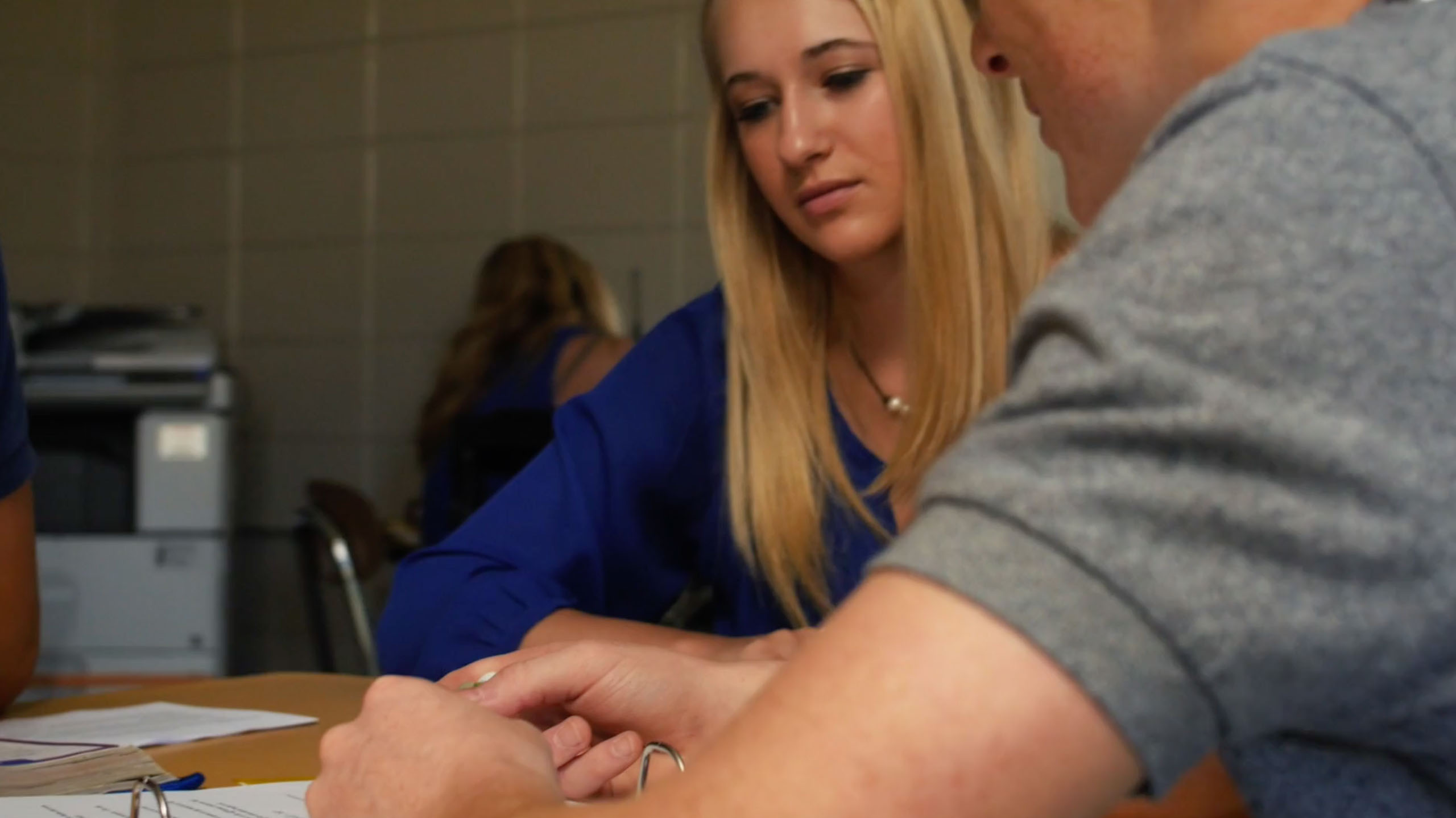Are you interested in knowing more about dual enrollment? If you are a high school student who is looking to get a few or all of your college core courses completed by the time you graduate high school, there are a couple of things you will need to know.
In 2015, the Georgia General Assembly passed a law that streamlined the existing dual-credit programs. As a result, Accel, Dual HOPE Grant, and the original Move On When Ready have been combined into one program entitled Move On When Ready (MOWR), in which high school students may earn high school course credits while taking college courses. Georgia’s Move On When the Ready dual-credit program is available to any Georgia student in grades 9-12 enrolled in a public school, private school, or home-study program operated pursuant to O.C.G.A. 20-2-690 in Georgia. Students must apply and be accepted to a participating postsecondary institution. In 2017, the name was changed to Dual Enrollment to ensure students are utilizing the program appropriately and simplify people’s understanding of and navigation through the state’s program.
Dual Enrollment Facts
-
- The new Dual Enrollment dual-credit program provides assistance for postsecondary tuition, mandatory fees, and books.
- In some cases, students may be charged or be expected to purchase course-related fees, supplies, or equipment.
- Eligible students may participate part-time or full-time at multiple postsecondary institutions, but applications for Dual Enrollment must be completed every term (semester or quarter).
- Dual Enrollment program summer eligibility began in summer 2016.
- College courses must be selected from the approved Dual Enrollment Course Directory.
- The Dual Enrollment dual-credit program will pay a maximum of 15 semester hours per semester or 12 quarter hours per quarter per student and per postsecondary institution.
- Once all high school graduation or home-study requirements are met, students are no longer eligible to participate in the Dual Enrollment dual-credit program.
Dual Enrollment • Quick Points To Remember
-
- Below are a few points of interest to help students and parents u·nderstand the new Dual Enrollment dual-credit program.
- The eligible student and parent/guardian should schedule the required Dual Enrollment advisement session with the school counselor to discuss the dual-credit program options.
- Completion of the Dual Enrollment Georgia Student Finance Commission application is required each semester or quarter.
- The student must apply and be accepted to a participating eligible postsecondary institution (University System of Georgia, Technical College System of Georgia or private institutions).
- The student and parent/guardian must sign a Student Participation Agreement during/after an advisement session with the high school counselor.
- Eligible students may participate in high school competitive and other extracurricular events.
- Courses do not count against any maximum hourly caps for the HOPE scholarships or grants.
- College courses taken must count toward local and/or state high school graduation requirements.
- The Georgia Student Finance Commission will manage funding and payments to the postsecondary institutions provided by annual state appropriations.
- The Dual Enrollment dual-credit.program is not available for coursework exempted or given credit by examination, testing, training, or prior experience.
- Dropping a course or not following program rules and regulations may result in students losing credit, receiving a failing grade, and/or being removed from Dual Enrollment; thus, affecting their high school graduation requirements.
- Students must make annual progress towards graduation and completion of their Individual Graduation Plan to participate in the Dual Enrollment dual-credit program.
More details about the new Dual Enrollment dual-credit program may be found at www.gafutures.org.
For more details and information regarding other dual credit programs, including articulation, please contact the Georgia Department of Education at the following web address: www.gadoe.org/Curriculum-lnstruction-and-Assessment/CTAE/PagesfTransition-Career-Partnerships.aspx.







